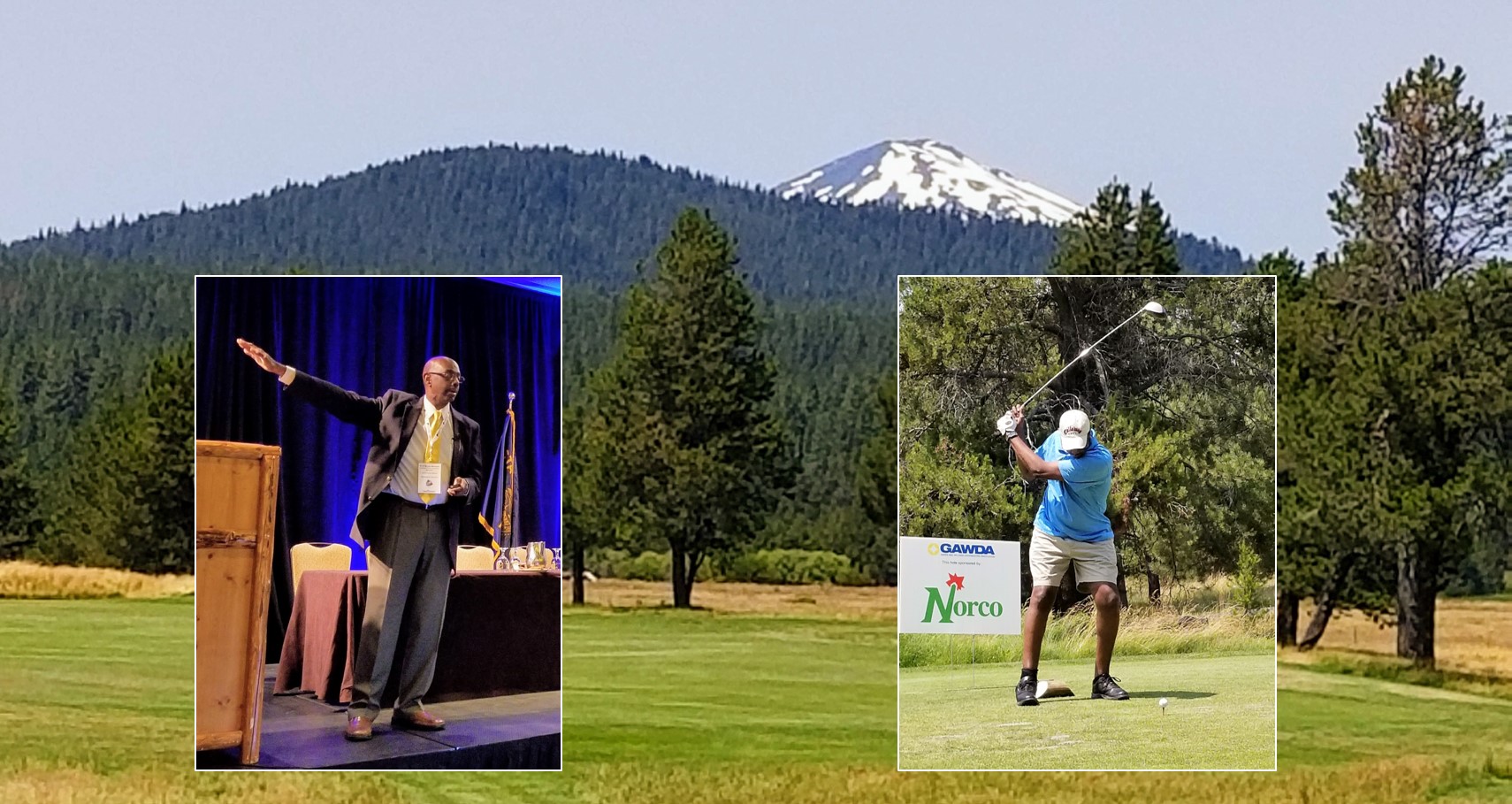Life Imitating Art in Leadership
Category : Change Management Healthcare General Leadership
I was invited to speak at the Oregon Association of Hospitals and Health Systems (OAHHS) annual retreat in mid-July in Bend, Oregon. The presentation was on my foundational approach to implementing healthcare analytics which included a discussion of the importance of leadership. Based on a study my firm conducted in 2015, we discovered that leadership was the top challenge to implementing healthcare analytics. Not data. Not talent. Not technology.
This study led me to the topic of my second book, “Prescribing Leadership in Healthcare”, which should be published in August 2017. Included in the book and part of the leadership discussion is my 5-step leadership development process that culminates with reflection and coaching. Leadership reflection involves reviewing the leadership encounters a person has experienced over a given time period and coaching involves reviewing those leadership encounters with a coach or mentor.
I ended the session with a comparison of how leadership is like golf. Each day, the leader faces new challenges just like each golf course is different and every hole on every course is different. As a leader must reflect on how they address each leadership encounter, the golfer must reflect on how he or she played the previous hole or course. To improve, the golfer usually seeks help from a golf pro to work out problems in their game. In leadership, the leader should get advice from a trusted coach or mentor to help them become better leaders.
In addition to my speaking and participation in a panel discussion on healthcare analytics, I was also invited to participate in their golf outing. I didn’t consider that a problem when I booked the event in April, but with my travel schedule for other speaking engagements and writing my leadership book, I didn’t have time to work on my golf game all summer. So, the weekend before the trip, my son and I went to the driving range to get some swings in. I figured that if I at least knew what a golf ball looked like, I wouldn’t embarrass myself too much. Well my son did pretty good but I was terrible. I was never a great golfer when I played regularly, but I could usually hold my own. That afternoon, I couldn’t hit a drive straight or for any distance and couldn’t figure out what I was doing wrong based on the knowledge I had accumulated from previous golf lessons. I went home frustrated and decided to call my golf pro the next morning to see if I could work in an emergency session. Unfortunately, he was working a golf outing the 2 days before I was supposed to leave for my trip and couldn’t fit me in.
When I got to Bend, I warned people that I hadn’t had much practice and asked them not to be too frustrated with me. At least the outing was 4-person best ball, otherwise, I’d probably still be on the course.
I stepped up to the first tee and it finally dawned on me what I had been doing wrong at the driving range. I focused on my swing and hit the ball straight about 150 yards. This went on for the rest of the afternoon. I even took second place on the 179 yards closest to the pin hole (I came within 6 feet of the pin and was beat by 2 feet). If it hadn’t been for my reflecting on what I was doing wrong and the ability to correct that based on my previous lessons, it would have been a very frustrating afternoon. Instead, I had a great time and my foursome used many of my shots. My short game still needs a lot of work, but that requires a lot more touch and practice, but otherwise, I was happy with how it turned out.
This was a clear case of life (my golf game) imitating art (my leadership presentation). Knowing who you are as a leader, just like knowing who you are as a golfer, can lead to much success with regular reflection and coaching.
{Professor Bryan Bennett is the Executive Director of the Healthcare Center of Excellence in suburban Chicago, Illinois. He is the author of the book “Competing on Healthcare Analytics” and the upcoming book “Prescribing Leadership in Healthcare”. He is also an adjunct professor at Northwestern University and Judson University where he researches and teaches courses in analytics, leadership and marketing.}
